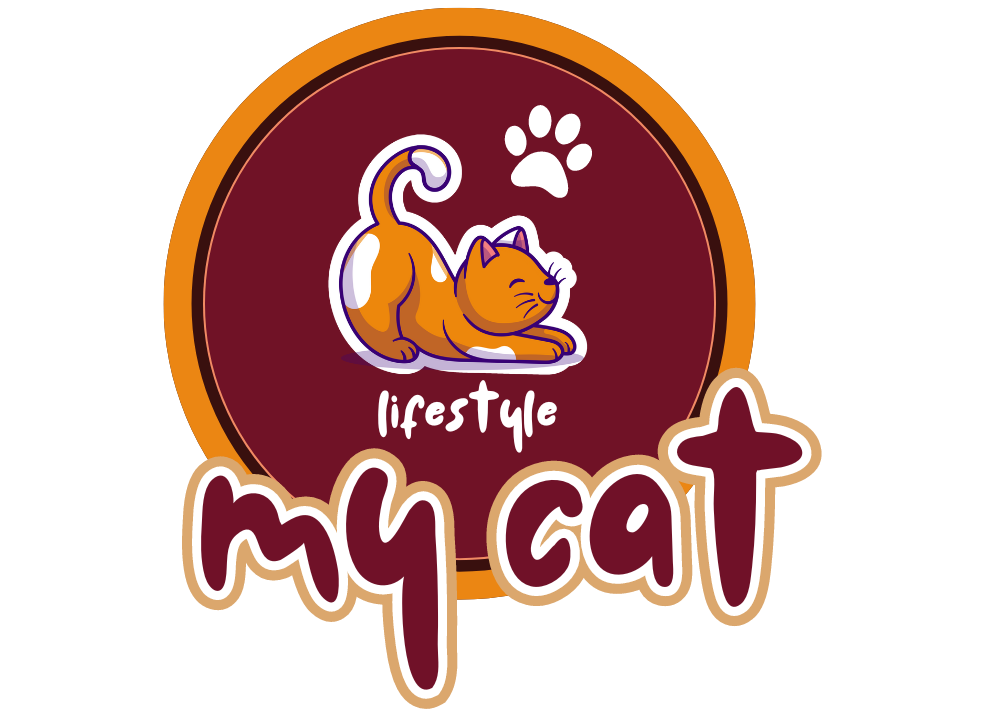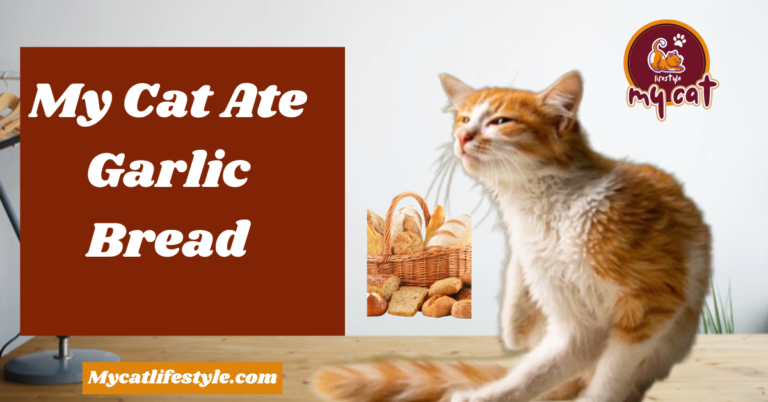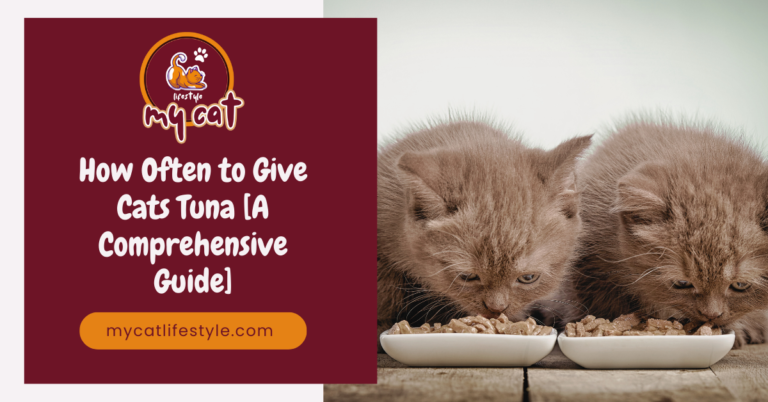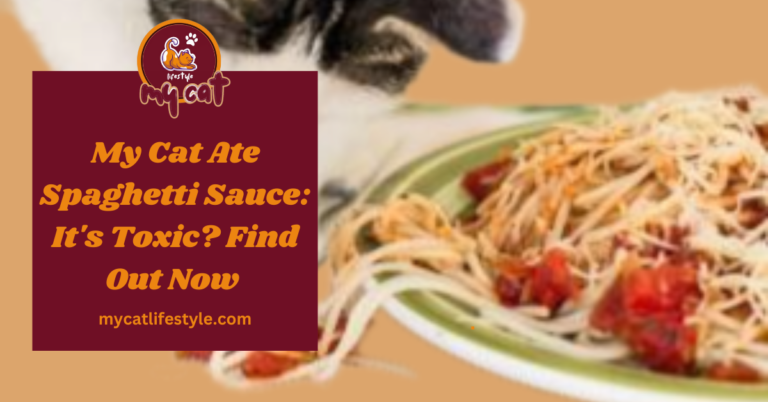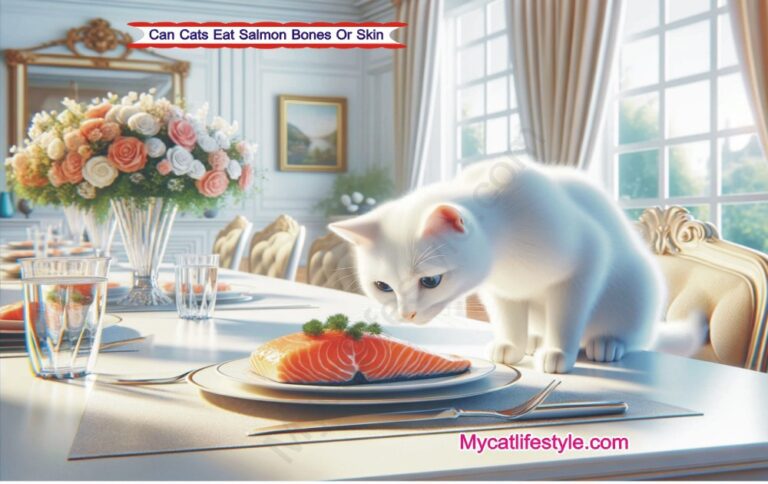18 DANGEROUS AND TOXIC FOODS YOUR CAT SHOULD NEVER EAT
Imagine your cat happily munching away on their favorite snack, unaware that it could be posing a serious threat to their health. Ever wondered what’s wrong with raw tomatoes and potatoes, or how canned tuna could be slowly harming your cat?
In this post, we’ll uncover the hidden dangers lurking in your pantry by revealing everyday foods that may seem harmless but are actually toxic to your beloved feline companion.
MILK
It’s crucial to dispel the age-old myth that milk is beneficial for cats. While it may seem like a natural choice, especially given the common portrayal of cats lapping up milk in cartoons and movies, the reality is quite different. Most cats are lactose intolerant, meaning they lack the necessary enzyme to break down lactose, the sugar found in milk.
Without adequate lactase, consuming milk can lead to a range of unpleasant symptoms for cats, including upset stomach, diarrhea, and vomiting. However, if your cat enjoys dairy products, there are alternative options that may be safer. Cheese and yogurt, for example, contain lower levels of lactose compared to milk and may be better tolerated by some cats. Offering a very small piece of cheese or a small spoon of yogurt as an occasional treat can provide variety for your cat.
It’s crucial to emphasize moderation and close observation when introducing dairy into your cat’s diet. While some cats may tolerate small amounts of cheese or yogurt without any issues, others may still experience discomfort. Additionally, despite how much we love ice cream, it is not suitable for cats due to both lactose and sugar, which can cause diarrhea and other gastrointestinal issues.
RAW MEAT
While raw meat may seem like a natural choice for carnivorous cats, it can harbor dangerous bacteria such as E. coli and Salmonella. When your cat consumes raw meat contaminated with these bacteria, they may exhibit signs of food poisoning. A safer alternative is to freeze and then thaw the meat before feeding it to your cat, as this process helps to eliminate a significant amount of harmful pathogens, reducing the risk of bacterial contamination.
Additionally, let’s not forget the threat posed by bones. Small pieces of bone can easily get stuck in your cat’s esophagus or damage their stomach and intestinal system during digestion, leading to serious health issues.
CHOCOLATE
Chocolate is no laughing matter when it comes to your cat’s health. It contains a substance called theobromine, which is highly toxic to cats. The ingestion of chocolate can lead to severe heart issues, rapid breathing, irregular heartbeat, and even seizures.
A study published in the Journal of Veterinary Medicine highlighted the toxicity of theobromine, making it crucial to keep chocolate out of your cat’s reach at all times.
CITRUS FRUITS
Even a tiny bit of citrus fruit can wreak havoc on your cat’s digestive system, causing symptoms like vomiting and diarrhea. The danger doesn’t stop there; repeated exposure to citrus fruits can depress your cat’s central nervous system.
Additionally, the mere scent of citrus can be harmful, as cats have an incredibly sensitive sense of smell. Citrus essential oils, which people love to diffuse, can overwhelm and distress your furry friend.
ONIONS AND GARLIC
Even the smallest nibble of onions or garlic can spell disaster for your cat’s well-being. These foods can kickstart a condition called hemolytic anemia, causing red blood cells to burst. This results in alarming symptoms such as weakness, fatigue, and rapid breathing.
Onions and garlic are dangerous, whether raw, cooked, or in powdered form, and they pose a grave threat to your cat’s health.
RAW TOMATOES AND POTATOES
If your cat ingests raw tomatoes or potatoes, they may exhibit symptoms such as lethargy, confusion, and even changes in their heart rate. The culprit behind these adverse reactions is a compound called solanine. Solanine is naturally present in high concentrations in the green parts of tomatoes and in raw potatoes.
Unlike humans, cats lack the ability to metabolize solanine effectively, leading to these unpleasant symptoms.
YEAST DOUGH
While yeast is a magical substance that makes our breads and pastries rise, it’s incredibly dangerous for your cat. When they eat yeast dough, it can continue to rise inside their warm tummy, causing severe bloating, discomfort, and even life-threatening complications.
It’s crucial to keep yeast out of reach as the consequences can be dire.
GRAPES AND RAISINS
Even a tiny amount of grapes or raisins can unleash a cascade of problems for your cat. Ingesting these fruits can trigger sudden kidney failure, which is a life-threatening condition. You might notice your cat becoming unusually quiet or lethargic, or they may vomit and drink an unusual amount of water.
Shockingly, there’s no safe dose of grapes or raisins for cats, making it imperative to keep these fruits far out of their reach.
CAFFEINE
While a sip of coffee or tea may seem harmless to us, it can spell trouble for our feline companions. Caffeine toxicity in cats can lead to a range of alarming symptoms, including increased heart rate, hyperactivity, breathing difficulties, tremors, and seizures.
While it’s unlikely a lick or two from your coffee, soda, or energy drink will cause serious harm, raw coffee grounds and tea bags pose a greater risk. These concentrated sources of caffeine could contain enough of the stimulant to quickly create a problem if ingested by your cat.
ALCOHOL
Even small amounts of alcohol can lead to a range of nasty symptoms in cats, including digestive upset, disorientation, breathing issues, coma, and even death.
Cats lack the necessary enzymes to metabolize alcohol efficiently, meaning even a small amount can quickly build up in their system, leading to toxicity and potentially life-threatening complications.
CANNED TUNA
While it might seem harmless to treat your cat to canned tuna occasionally, feeding them too much can lead to severe health issues. Canned tuna doesn’t provide all the essential nutrients your cat needs, such as taurine and vitamin E, which are crucial for maintaining your cat’s overall health. Without these nutrients, your cat could face serious problems like heart issues and vision loss.
A small serving of canned tuna now and then won’t hurt, but it’s crucial to ensure that your cat’s diet is balanced with all necessary nutrients.
COCONUT
Coconut isn’t cat-friendly. While you might assume that handing your cat a slice of coconut isn’t a big deal, it can actually pose serious risks.
Coconut-based products, including oil, milk, and even fresh coconut water, can lead to symptoms like upset stomach and diarrhea. This is because cats lack the necessary enzymes to metabolize the compounds found in coconuts.
NUTS
Even a small amount of nuts, particularly macadamia nuts, can make your cat feel lethargic or sluggish. These seemingly harmless treats can induce vomiting and may even trigger tremors.
According to a 2019 study, the high fat content in nuts can lead to pancreatitis in cats, causing symptoms such as loss of appetite, weight loss, and dehydration.
SALT
While a pinch of salt may enhance flavor for humans, it can spell trouble for our feline friends. Consuming too many salty snacks can lead to salt poisoning (hypernatremia), resulting in serious neurological symptoms such as confusion, seizures, and even loss of consciousness.
In severe cases, salt poisoning can be fatal for cats. It’s essential to monitor their salt intake and avoid feeding them salty snacks or foods high in sodium.
AVOCADOS
Avocados contain a fungicidal toxin called persin, which can be found in the pit, leaves, and even the fruit itself. While persin poses no harm to humans, it can disrupt a cat’s digestive process, leading to symptoms like vomiting, diarrhea, and general upset stomach.
More severe conditions can include difficulty in breathing and fluid accumulation around the heart.
RAW EGGS
Feeding your cat raw eggs poses significant health risks. One concern is the potential for salmonella contamination, which can lead to severe vomiting, diarrhea, fever, and dehydration.
Additionally, raw eggs contain a protein called avidin, which can interfere with the absorption of biotin, an essential B vitamin. Biotin deficiency can manifest in skin and coat problems. To keep your cat safe, avoid feeding them raw eggs and opt for cooked eggs instead.
CHERRIES AND PLUMS
All parts of the cherry plant, except for the ripe fruit, are considered toxic to cats. This includes the pits, stems, and leaves, which contain cyanide.
Plums pose a similar danger, particularly in their seeds, stems, and leaves. Wilted plums are especially hazardous as they contain higher concentrations of cyanide during this stage.
POPCORN
Store-bought popcorn often contains preservatives and additives that can upset your cat’s delicate digestive system, leading to issues like diarrhea and constipation. If you’re considering sharing popcorn with your cat, opt for air-popped popcorn prepared at home with no butter and salt.
However, even homemade popcorn should be fed occasionally and with caution, as it can be a choking hazard.
Your cat’s well-being is worth the extra caution. By keeping these dangerous and toxic foods out of your cat’s diet, you can ensure they live a healthier, happier life. Always consult your veterinarian if you’re ever in doubt about what foods your cat can safely consume.
Conclusion
Thank you for reading and ensuring your feline friend stays safe. If you found this post helpful, please share it with other cat lovers. Don’t forget to share your experiences in the comments below and consider subscribing to our blog for more informative posts on understanding and caring for your pets.
